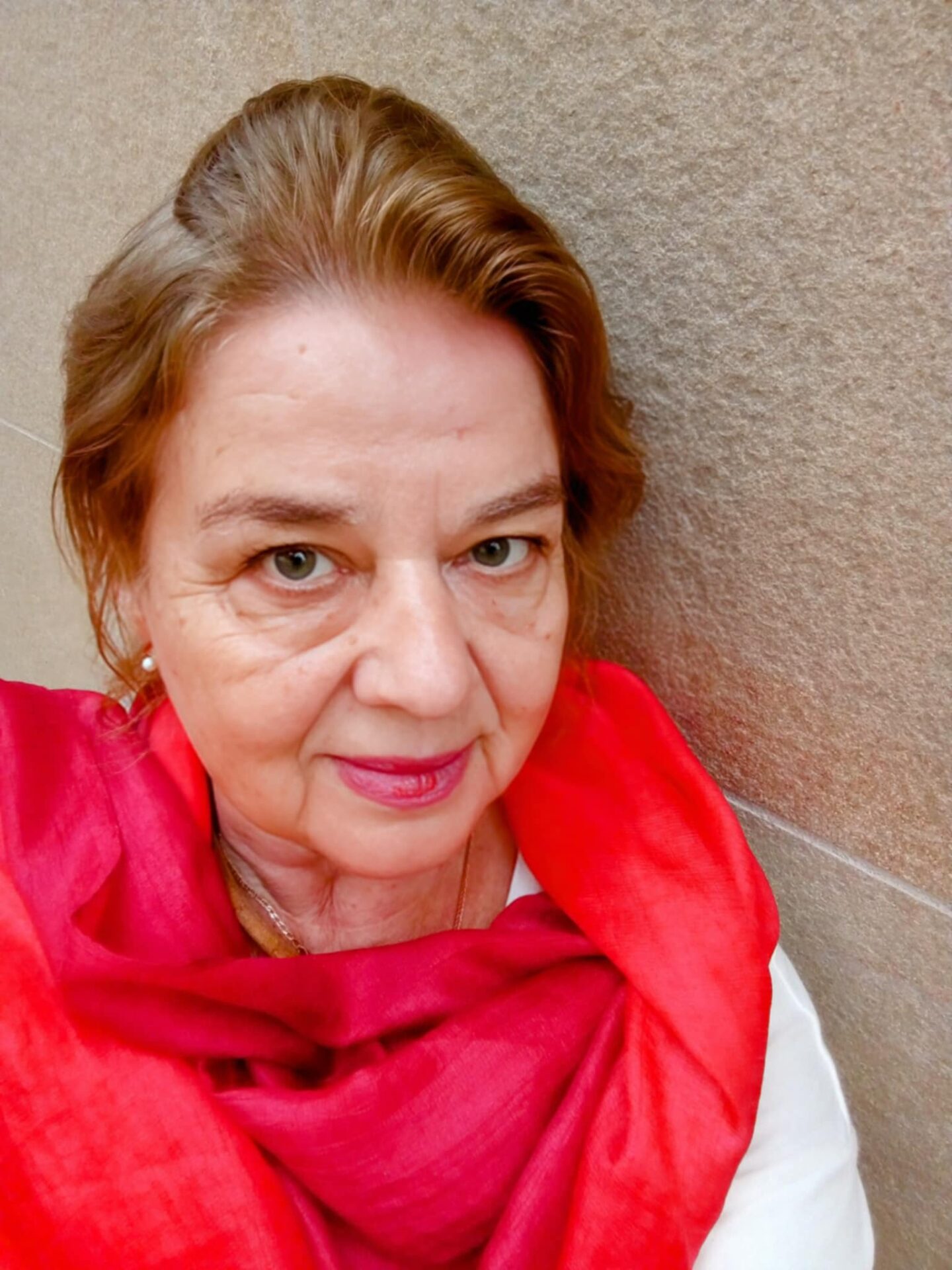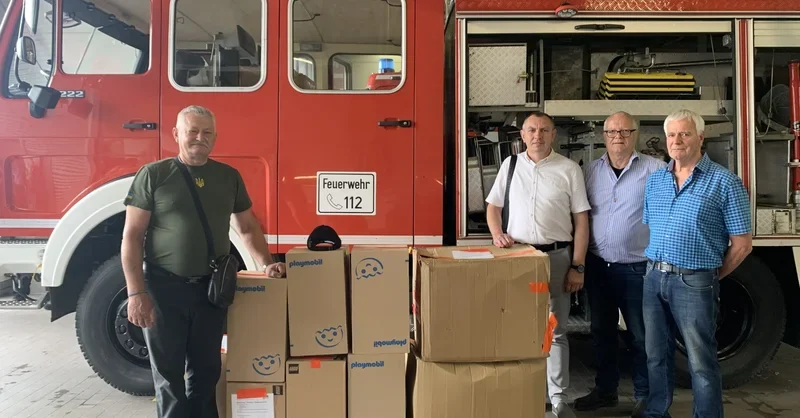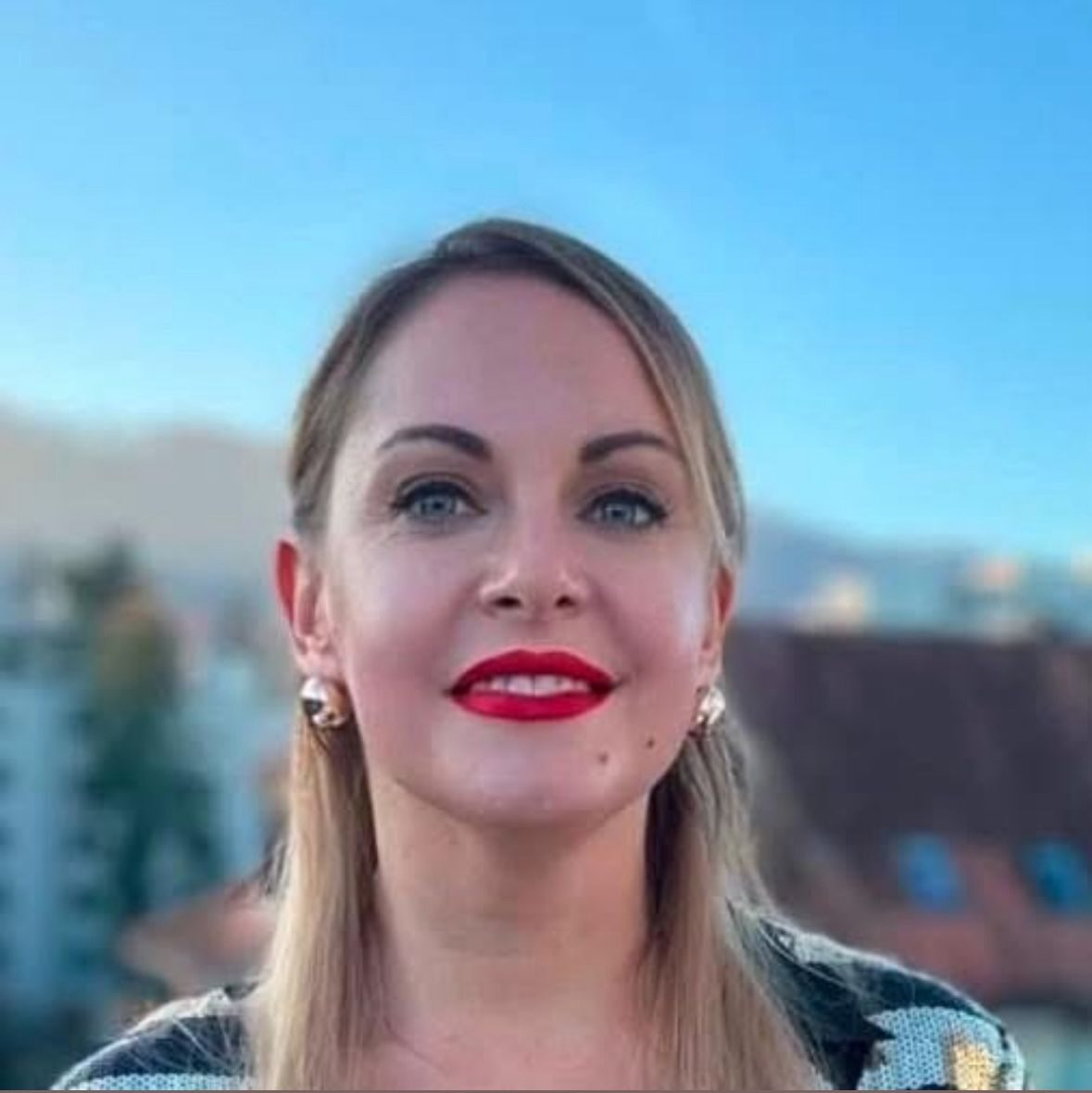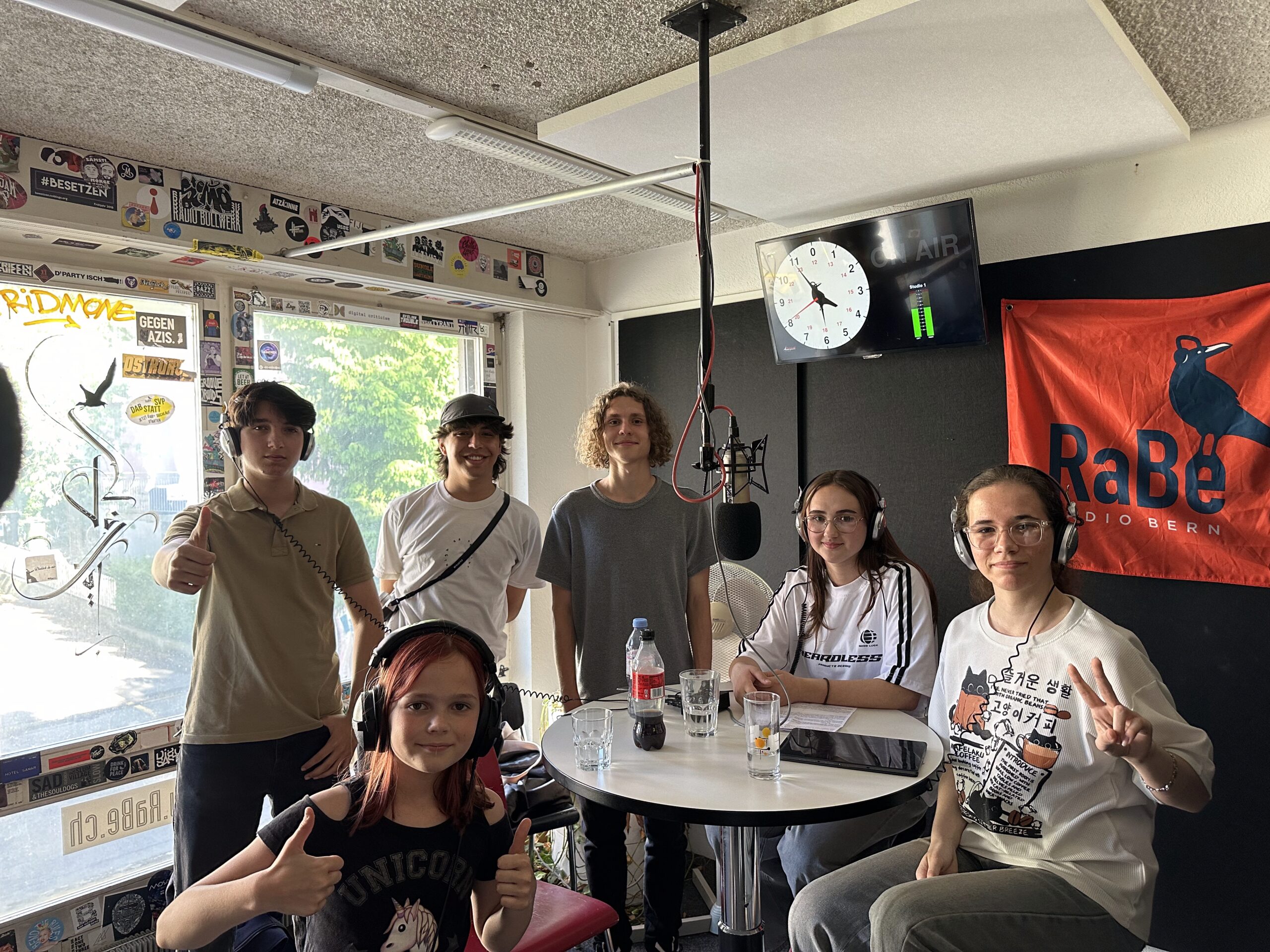Anastasiia Yushchenko, mother of two girls, Veronika and Victoria, came to Switzerland in the first days of the war. Immediately after her arrival, Anastasiia managed to find a job. Her younger daughter went to kindergarten, and her older daughter went to school. ‘The most difficult thing was the foreign language,’ Anastasiia recalls. - ‘But it helped that Veronika had one of her classmates who was Ukrainian, and Victoria had a boy from Ukraine in her group. So, to begin with, they had friends whom they understood well and at the same time learned German together."
At school, Veronika was helped by teachers and digital tools. Soon the girl adapted and began to speak not only German but also the Swiss dialect. While the girls were studying, their father was defending his homeland. A year ago he was killed in a combat mission. Anastasiia returned to Ukraine at the urging of her daughters. "I spent a long time explaining to the girls the dangers of returning, warning them about air raids. Despite everything, we returned and now we are experiencing the difficulties of reintegration,’ says Anastasiia.
Apart from the insecurity, the family immediately faced psycho-social problems upon their return, espeically related to girls schooling. "When we arrived in Kyiv, Veronika went to school right away. However, the teachers were not prepared to deal with the child that changed the country, curriculum and language (although at home, she spoke Ukrainian to her daughters), and on the top suffered a moral trauma due to the death of her father,’ Anastasiia states.
The situation that occurred a few months later forced Anastasiia, a Ukrainian refugee who returned from Switzerland to Ukraine this summer, to make a difficult decision - to change Veronika's school. “At the end of the school year, children wrote a lot of tests. I had to help my daughter, and she was humiliated in front of the whole class,” the girl's mother recalls.
Having received a new psychological trauma, Veronika refused to go to school. In the Swiss school, she enjoyed understanding and support, which helped her to succeed. Realization that she was “behind” her peers due to the difference in education systems led to a deterioration in her condition.
It took an afford to find a school where Veronika was accepted and where teachers thought that the psychological comfort of a child comes first. There, the girl felt relatively safe and better integrated. She is currently enrolled in the advanced Ukrainian program “Intellect of Ukraine”. In Switzerland Veronika learned in German, and upon return she had to learn to write and read in Cyrillic from scratch. Anastasiia says: “Facing the difference in attitude was even more difficult for the child. In Switzerland education is child-centred, creative activities, sport and skills-oriented. In Ukraine, on the contrary, knowledge, memorisation and subjects like math, science, and the Ukrainian language are in the first place.”
Anastasiia has been pondering on what could have been done better to reintegrate her children and make this experience less painless upon the return. She advises Ukrainian refugees’ parents with school children not to abandon completely the Ukrainian education. “I saw that in Switzerland it is not recommended to follow both school programs. I understand how difficult it can be to combine them to the full. A compromise is online schools suggesting optimised Ukrainian program, where children learn subjects that are not taught in Swiss schools and are crucial for re-integration. This way, children will not forget the Cyrillic alphabet and stay connected to Ukraine.”
Commentary by Svitlana Manzer, psychotherapist, educational and integration projects coordinator at the USB Ukraine Switzerland Bern Association:
“The Ukrainian education system differs from the Swiss one in many fundamental ways, including the content and the teaching methods. The required skills and performance in a Swiss school are fundamentally different from those in a Ukrainian school. Ukrainian mothers of children going to Swiss primary schools where often astonished when to the question “What did you do at school today?” their children’s answer was “We just played.” In a Swiss school, without realising, through playing and having fun, children acquire new knowledge, develops skills and basic life competencies. In Ukraine, gaining knowledge remains a standard motivation for attending school.
Besides, since many refugees speak Russian in the family, their children miss Ukrainian language skills. Just watching movies or hearing Ukrainian does not help as language skills develop only if they are systematically exercised. The currently widespread “individualized form of education” suggested by many Ukrainian schools, when parents write tests for their children twice a year, does not work.
To support the refugees’ children in the Canton Barn to maintain Ukrainian education and to minimise risks during the re-integration, the USB Ukraine Switzerland Bern Association since 2023 supports the Optima School. In the framework the “Ukrainians in the World”
Program this school allows refugee children to study only the basic “Ukrainian” package (Ukrainian language and literature, history, and two subjects from the Ukrainian curriculum of their choice). This way, the children remain integrated into the Ukrainian system and are not overwhelmed with a parallel school program.
Since 2024, we are also approached by private schools in Ukraine that are interested to improve their teaching and management standards to be able to better absorb the returning refugee children. We consult them on the Swiss standards. Only if re-integrated child is supported by teacher with a high level of pedagogical competence, friendly attitude and open communication atmosphere, stress and misunderstandings can be avoided.”
Olena Krylova-Mueller, Chairperson of the Association ‘Ukraine Switzerland Bern’, who worked as a consultant for the Ukrainian government, comments:
“We see a growing cleavage between those Ukrainians who stayed in the country during the war and those who left. The policy of reintegration is now being actively discussed in Ukraine. This is a very important issue for building social cohesion in general and is a particular concern for the Ministry of Education and the Ministry of Youth, as well as the specially established Ministry of National Unity of Ukraine.” Ministry of National Unity of Ukraine”.







